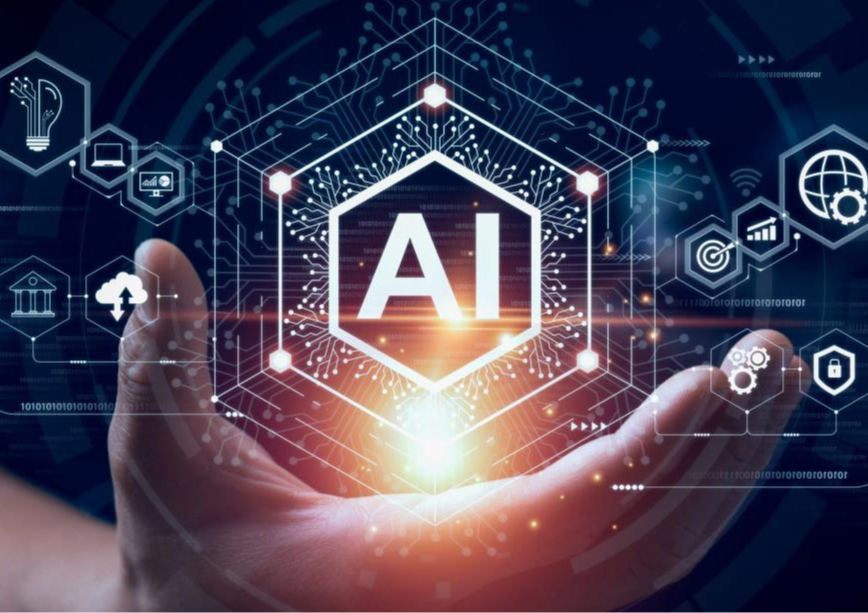Artificial Intelligence (AI) is revolutionizing industries world wide, and knowledge methods are number exception. With the capacity to analyze data, personalize learning, and automate administrative tasks, AI is transforming old-fashioned strategies to training and learning. Here is a deeper search at how Artificial intelligence (umela inteligence) may increase knowledge systems and increase outcomes for pupils, educators, and institutions.
Personalizing the Understanding Experience
One of the very significant benefits AI provides to education is personalized learning. Using intelligent methods, AI may analyze a student's efficiency, understanding velocity, and aspects of struggle, then custom resources and tips for their individual needs. For example:

Adaptive Learning Programs use AI to provide custom material for every student, ensuring they progress at their particular pace. Studies reveal that pupils applying versatile understanding tools usually obtain greater outcomes in comparison to traditional methods.
AI Tutors may guide pupils with particular challenges, providing detail by detail details and training issues in areas they discover difficult. This approach offers extra support without overburdening educators.
That degree of personalization aims to close learning spaces, ensuring no scholar is remaining behind.
Streamlining Administrative Tasks
Synthetic intelligence also reduces the burden of administrative projects on educators and college staff. Automating repetitive actions allows educators to focus more on the principal role—teaching.
Grading Automation powered by AI decreases the time allocated to assessing standardized checks, quizzes, and assignments. For example, AI tools may consider multiple-choice responses and actually provide feedback on published essays.
Scheduling and Administrative Support instruments use AI to arrange student and instructor schedules, control methods, and connect reminders.
These efficiencies may save your self a lot of time, making knowledge techniques more productive and effective.
Improving Usage of Education
AI-powered tools are expanding access to education internationally, particularly for underserved communities. For example:
Language Interpretation Methods allow students to gain access to understanding products within their native language, breaking down language barriers.
Electronic Classes and AI-enabled range learning platforms assure pupils can study on everywhere, applying little resources.
That democratization of training sets a precedent for more inclusive and equitable understanding experiences.

Promoting Data-Driven Decision Creating
AI also helps educational institutions make more knowledgeable decisions. By considering substantial amounts of data, AI systems may:
Estimate graduation charges and identify at-risk students early.
Give ideas into curriculum effectiveness.
Optimize source allocation predicated on information trends.
These features allow instructional leaders to produce proper conclusions that benefit the entire system.
The Way Forward
AI is not just a instrument but a game-changer for modern education. By addressing simple problems like personalization, access, and efficiency, AI can cause the way to a far more inclusive and modern training system. But, their implementation should be clever, prioritizing honest factors and teacher involvement to totally realize their potential in shaping the future of learning.
